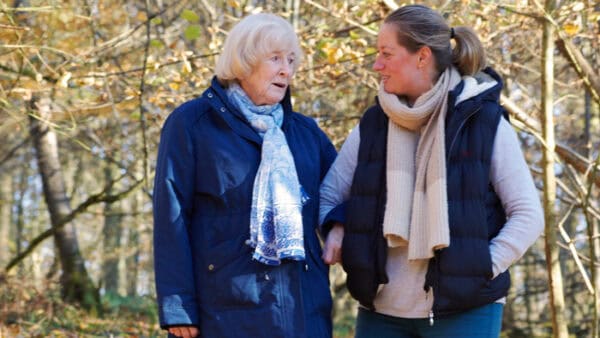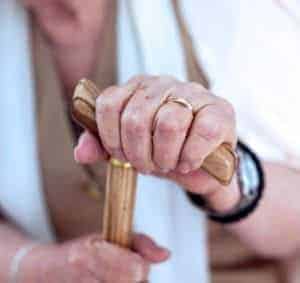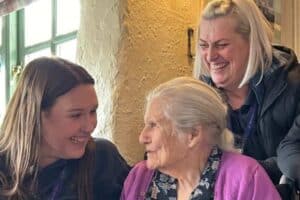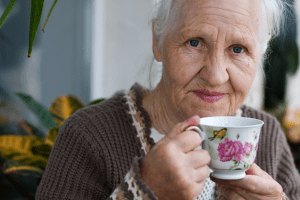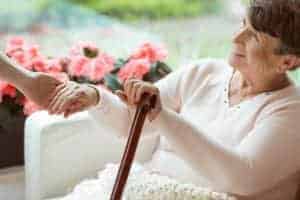The cost of care has significant effects on family relationships and dynamics affecting everything from finances to the wellbeing of family members. As the ageing population increases along with increases in associated medical conditions, chronic illnesses and disability, more long-term care solutions must be found.
The costs of caring for an elderly person places a huge financial burden on families who, due to the UK government’s underfunding of social care and professional resources, must carry the most responsibility for taking care of elderly loved ones.
The financial costs
The high costs involved in caregiving means arguments can arise over who pays for what and whether to use the elderly person’s savings or assets. Disagreements over finances are said to be one of the most common reasons for family fall-outs. Many people are worried about care costs and how spending money on care is going to affect future family financial security – including pensions and inheritances. This can cause division within families.
Emotional strain and role reversal
The role reversal of adult children becoming, in effect, parents to their parent can lead to a shift in the perception of who is in authority. A loss of independence and privacy can impact both carer and the one being cared for. Balancing caregiving responsibilities with other aspects of life including work or children can cause enormous strain on mental wellbeing especially if there is no outside support. This can cause upset between partners and between parents and children.
Impact on marital relationships
Partners often find their time and energy drained when the demands of caregiving lead to a loss of quality time together. Add in raising children and the emotional bonds can become fractured. If one spouse feels they are doing most of the work as well as sharing primary responsibility for looking after a loved one this can be a cause of increased tension and marital conflict.
Loss of social connections
Family members who provide care often experience isolation from their social circles as they have limited time or energy for social connections outside of the home. Friends may start to drift away. The demands of caregiving can mean the end of family gatherings, outings or holidays leading to a sense of loss of family traditions.
It is clear that family members who take on the responsibility of caring for an elderly relative can face physical and mental burnout with an increased risk of physical health issues of their own. When the primary caregiver’s health deteriorates it can affect the rest of the family.
Live-in care provides the solution
Live-in care provides benefits not only for the one needing care but also for the family. Firstly, there is peace of mind in knowing that your loved one is being professionally cared for and they are safe. They are spared the trauma of moving to the unfamiliar surroundings of a care home. Research has shown that people who have live-in care suffer fewer falls and enjoy a greater degree of independence and happiness as all their needs are taken care of.
Health Impact of Loneliness in the Elderly
Loneliness in the Elderly
A serious problem affecting mental and physical health

